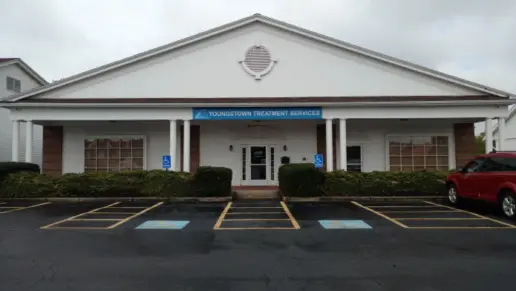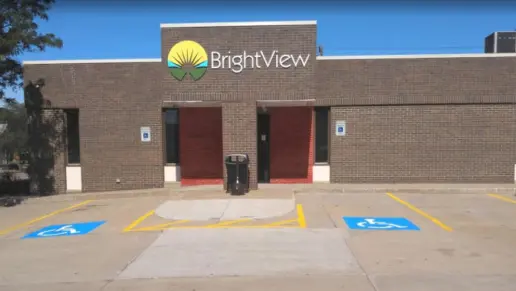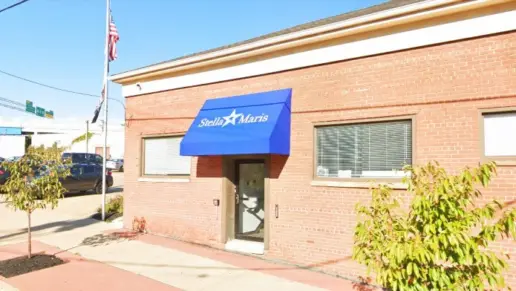Nurses were not very caring or compassionate. I came in with a tank top on and they threw a fit about it but didn’t give me a gown until almost lunch. It’s literally group therapies all day. Very little 1 on 1 time and it was not with a counselor, it was a nurse practiti ...
About Mercy Health – Behavioral Health Institute, St. Charles
Mercy Health Behavioral Health Institute’s Saint Charles Hospital is a department of the Vincent Medical Center in Oregon, Ohio. They treat mental health disorders and co-occurring conditions, including alcohol and drug addiction for adults and seniors who need a high level of care. Their programs include inpatient psychiatry and dual diagnosis programming.
Their inpatient program is for adults who’re at risk of harming themselves or others. There are separate units for senior clients to ensure everyone has access to the level of care they need. As a primary mental health and dual diagnosis treatment center, they emphasize treatment related to psychiatric disorders or mood disorders, with the ability to support those who suffer from substance use disorder. Inpatient psychiatry is provided in a locked, secure facility by a multidisciplinary team of behavioral health professionals, including psychiatrists, nurse practitioners, psychiatric nurses, behavioral health technicians, and social workers. Electroconvulsive therapy, transcranial magnetic stimulation, and esketamine are offered if you would benefit from these treatment methods.
Co-occurring treatment is offered 24 hours a day, seven days a week, to individuals admitted to inpatient adult psychiatry units who also have substance use disorder concerns. These individuals receive the same quality psychiatric care provided on inpatient adult psychiatric units combined with interventions aimed to support their recovery needs. These interventions can include but are not limited to detoxification/withdrawal management, individual psychotherapy, group psychotherapy, and peer support.
Mental health treatment focuses on helping individuals recover from mental illnesses like bipolar disorder, clinical depression, anxiety disorders, schizophrenia, and other challenging psychiatric conditions. Individual therapy, group therapy, and family therapy all serve as ways to deliver your mental health support. These services can be administered in an inpatient setting, outpatient setting, or clinical office.
Rehab Score
Gallery
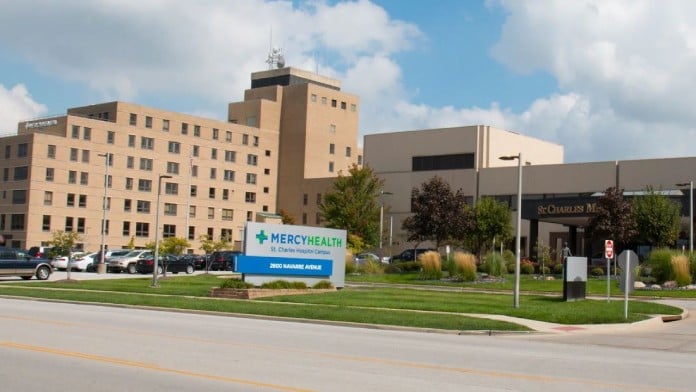
Location
Accepted Insurance

Other Forms of Payment
Private insurance refers to any kind of healthcare coverage that isn't from the state or federal government. This includes individual and family plans offered by an employer or purchased from the Insurance Marketplace. Every plan will have different requirements and out of pocket costs so be sure to get the full details before you start treatment.
Self-pay involves paying for treatment out of your own pocket. You can use savings or credit, get a personal loan, or receive help from family and friends to fund your treatment. If you don't have insurance or your insurance plan doesn't cover a specific program, self-pay can help ensure you still get the care you need.
Medicare is a federal program that provides health insurance for those 65 and older. It also serves people under 65 with chronic and disabling health challenges. To use Medicare for addiction treatment you need to find a program that accepts Medicare and is in network with your plan. Out of pocket costs and preauthorization requirements vary, so always check with your provider.
Medicaid is a state based program that helps lower-income individuals and families pay for healthcare. Medicaid covers addiction treatment so those enrolled can use their coverage to pay for rehab. When a program accepts Medicaid the client often pays very little or nothing out of their own pocket.
Sliding scale payments are based on a client's income and family size. The goal is to make treatment affordable to everyone. By taking these factors into account, addiction recovery care providers help ensure that your treatment does not become a financial burden to you or your family, eliminating one barrier to care.
Military members, veterans, and eligible dependents have access to specific insurance programs that help them get the care they need. TRICARE and VA insurance can help you access low cost or no cost addiction and mental health treatment. Programs that accept military insurance often have targeted treatment focused on the unique challenges military members, veterans, and their families face.
Addiction Treatments
Levels of Care
Treatments
Mental health rehabs focus on helping individuals recover from mental illnesses like bipolar disorder, clinical depression, anxiety disorders, schizophrenia, and more. Mental health professionals at these facilities are trained to understand and treat mental health issues, both in individual and group settings.
Programs


Clinical Services
Cognitive Behavioral Therapy (CBT) is a therapy modality that focuses on the relationship between one's thoughts, feelings, and behaviors. It is used to establish and allow for healthy responses to thoughts and feelings (instead of unhealthy responses, like using drugs or alcohol). CBT has been proven effective for recovering addicts of all kinds, and is used to strengthen a patient's own self-awareness and ability to self-regulate. CBT allows individuals to monitor their own emotional state, become more adept at communicating with others, and manage stress without needing to engage in substance abuse.
Whether a marriage or other committed relationship, an intimate partnership is one of the most important aspects of a person's life. Drug and alcohol addiction affects both members of a couple in deep and meaningful ways, as does rehab and recovery. Couples therapy and other couples-focused treatment programs are significant parts of exploring triggers of addiction, as well as learning how to build healthy patterns to support ongoing sobriety.
Research clearly demonstrates that recovery is far more successful and sustainable when loved ones like family members participate in rehab and substance abuse treatment. Genetic factors may be at play when it comes to drug and alcohol addiction, as well as mental health issues. Family dynamics often play a critical role in addiction triggers, and if properly educated, family members can be a strong source of support when it comes to rehabilitation.
Group therapy is any therapeutic work that happens in a group (not one-on-one). There are a number of different group therapy modalities, including support groups, experiential therapy, psycho-education, and more. Group therapy involves treatment as well as processing interaction between group members.
In individual therapy, a patient meets one-on-one with a trained psychologist or counselor. Therapy is a pivotal part of effective substance abuse treatment, as it often covers root causes of addiction, including challenges faced by the patient in their social, family, and work/school life.
Nutrition therapy, aka medical nutrition therapy (MNT), is a way of treating physical, emotional, and medical conditions through diet. Specific dietary plans are designed by professional nutritionists or registered dietitians, and patients follow them in order to positively affect their physical and mental health.
Amenities
-
Private Setting
Staff
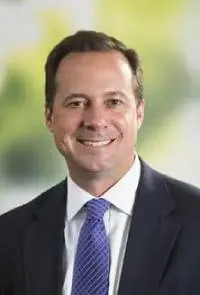
Chief Executive Officer

Chief Operating Officer
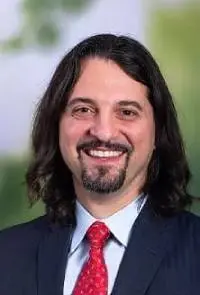
Chief Clinical Officer
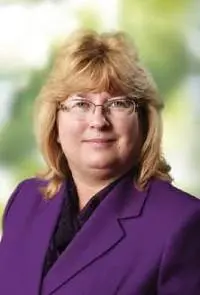
Chief Financial Officer
Contact Information
2600 Nevarre Avenue
Oregon, OH 43616






